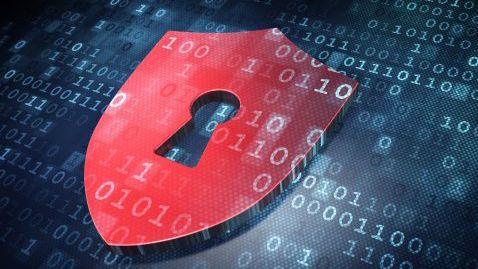- 47 percent of Gen Z and 46 percent of Millennials claim to have had passwords hacked in Yubico’s latest annual report
- But they’re also the demographics reportedly most aware of and eager to adopt hardware security keys
- 73 percent of Gen Z are also concerned about the rise of AI in cyber attacks
Gen Z and Millennials are just as vulnerable to password breaches as anyone else, a new report from Yubico has claimed.
Its survey found that 47% of Gen Z and 46% of Millennials reported that their social media account passwords had been breached at some point, findings that appear to run counter to 63% of respondents across of the 20,000-strong sample size claiming they felt confident about cyber security measures in place to protect their personal information.
And yet, the report also reveals that 70% of respondents reported being the victim of a cyber attack in the past 12 months, suggesting complacency and a lack of cyber security education. 40% of respondents claimed to have received no cybersecurity training at work.
Gen Z and Millennial cybersecurity attitudes in the workplace
Things get worse when you consider that almost half (49%) of respondents reported that they were more concerned about their personal data than their business or workplace, showing that business owners and business owners are failing to see computer and cyber security literacy as an innate skill of the youngest generations as they consider the resilience of their own digital infrastructure.
It also seems silly to suggest that younger generations are more likely to embrace and understand the implications of new technologies more easily, when 58% of survey respondents reported their concern about AI’s continued “sophisticated” role in cyberattacks.
Yubico’s view of authentication methods
The primary purpose of the report appears to be to advocate for alternative authentication methods in the workplace, with only 21% of workers reporting using a mobile authentication app. Yubico’s report notes that workers may have valid reasons for not using this method, such as not wanting to use a personal smartphone for work or simply not having one
To this end, Yubico advocates passwordless MFA solutions such as software-based access keys (which see widespread support in the tech industry), plus physical security keys.
“In addition to being highly secure, access keys greatly simplify the user experience,” noted Derek Hanson, Yubico’s VP of Standards and Alliances.
“By removing the need for users to remember complex passwords, it reduces the friction associated with logging in and eliminates the frustration of forgotten passwords. This can lead to increased user satisfaction and productivity, especially in enterprise environments where employees often juggle multiple accounts and passwords.”
“When we look at today’s passkey options, those that are device-bound on security keys provide the highest level of phishing resistance and meet the strictest security standards.”
The report concludes by suggesting, “embracing emerging [technology] as hardware security keys and access keys will undoubtedly play a central role in protecting our digital identities and securing the systems and services we rely on every day”, a utopian notion nicely bookended by the revelation that 39% of respondents believe , that a default username and password combination is the most secure authentication available.



